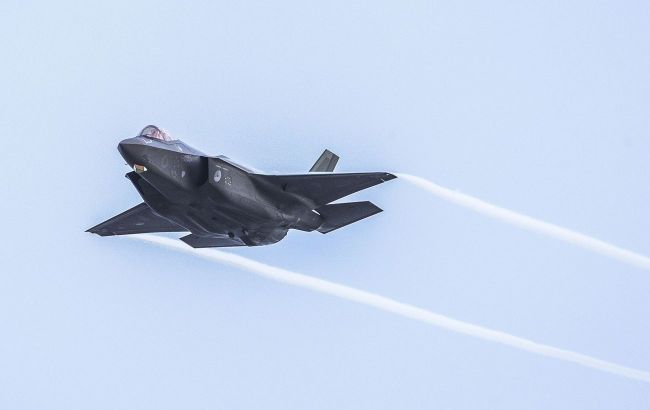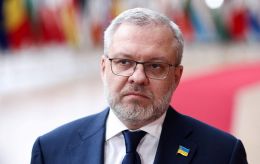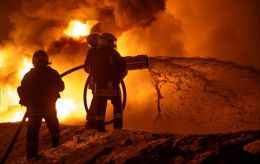Germany begins air patrols over Poland after Russian attack
 Berlin activated expanded air patrols over Poland (photo: Getty Images)
Berlin activated expanded air patrols over Poland (photo: Getty Images)
German crews will operate around the clock in Polish airspace, responding to new threats, The Guardian reports.
Patrolling of Polish airspace by Germany has already begun, the German Ministry of Defense reported.
According to the ministry, two combat duty shifts are now operating in the region, carrying out the mission 24/7. They have all the necessary qualifications for patrolling and responding to potential threats.
During the attack on Ukraine on the night of September 10, 19 drones entered Polish airspace. Polish air defense began to shoot down the aerial targets, but only 4 drones were hit.
This became the first case since the beginning of the war in Ukraine when Russian drones were not only detected over NATO territory but also successfully shot down.
Poland found debris from 16 drones that crossed the border in various regions of the country. The remains of downed drones were discovered in 11 Polish settlements. One of them crashed on the territory of a Territorial Defense Forces unit.
At Warsaw's request, NATO invoked Article 4, which allows member states to discuss the situation in the North Atlantic Council.
Reaction of Germany
On September 10, Germany stated that the Russian drone attack was not a "navigational error," as Russia is trying to claim. Berlin promised to deliver a tough response to the Kremlin in reaction to the escalation.
In turn, German Chancellor Friedrich Merz said that the drone attack is a serious threat to peace in Europe and confirms the deliberate nature of Moscow's actions. According to him, the incident became another stage in a series of Russian provocations that have been recorded for months in the Baltic region and on NATO's eastern flank.
Also, the head of the Bundestag Defense Committee, Thomas Rövekamp, called on NATO to provide Ukraine with long-range weapons and requested permission to destroy Russian drones while they are still approaching its airspace.
In addition, the German army developed a strategic document in which it defined Russia as an "existential risk" to Germany and Europe as a whole.

